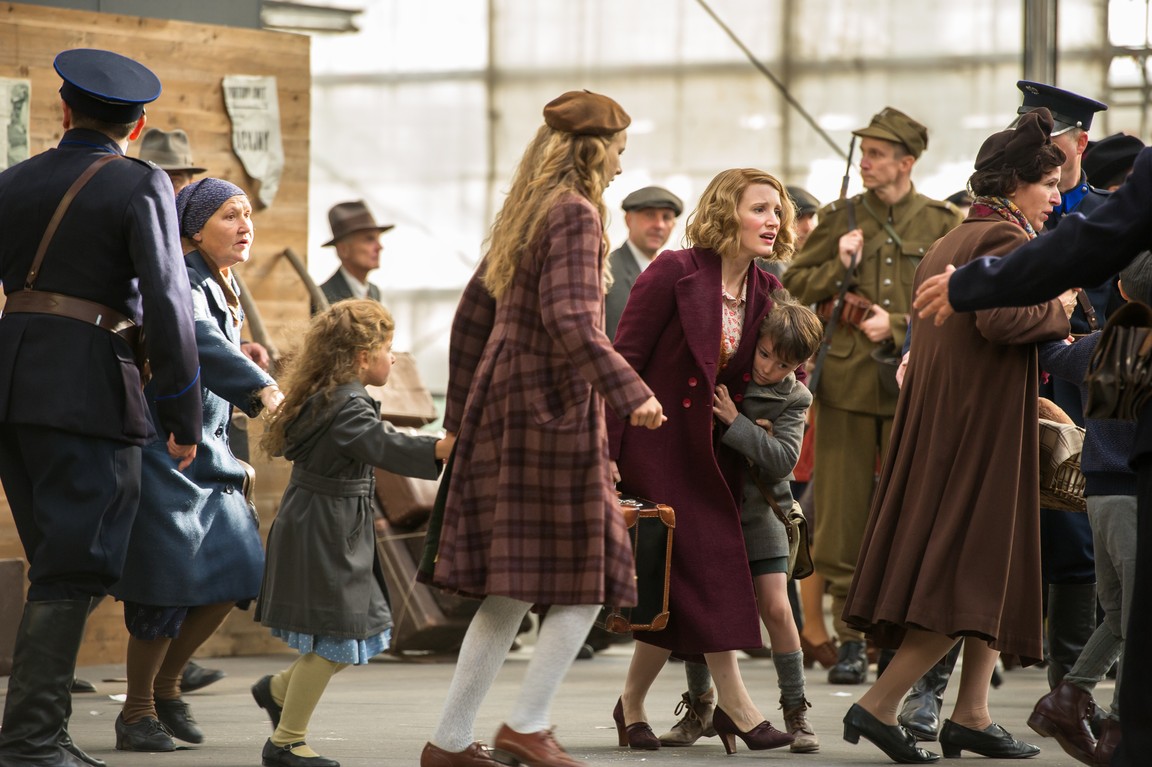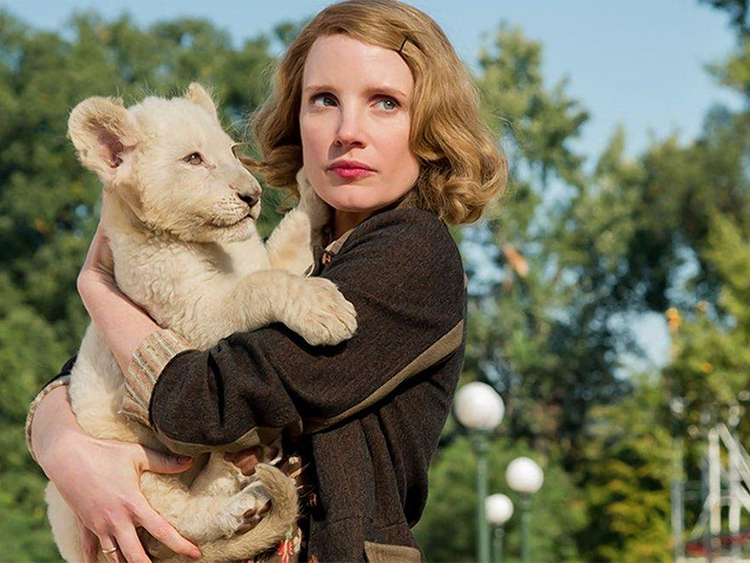

The scenes of the zoo’s demolishing are wrenching. They are non-Jews (Jan was raised as an atheist), a cultured pair who felt compelled to make a supreme sacrifice to oppose the Nazi onslaught.Ĭaro ( Whale Rider, North Country, McFarland, USA) has chosen a legitimate subject to recreate, treating it with a degree of skill and imagination. But despite weaknesses on this score, the film makes a genuine effort to show that the Żabińskis compassion is extended to all living creatures. Antonina, who has given birth to their daughter, is kept in the dark about his fate, forcing her to once again tangle with the pernicious Heck.Ī commercial production like The Zookeeper ’ s Wife-and, in fact, perhaps any artistic rendering-almost inevitably involves a smoothing and rounding off of complex history. During the fighting, he is shot and wounded, and sent to a German internment camp. When the liquidation of the Ghetto begins in April 1943 and thousands of people are herded into trains bound for concentration camps, Jan joins the uprising (Ackerman: “Sixty-three days of ferocious street-to-street fighting”) and stockpiles weapons in the zoo. Of all the hundreds of Jews brought out by the Żabińskis, only two were murdered. The cunning and dangerous operation also involves fabricating identity papers. “Jews, Gentiles, it never mattered to me.” For Antonina, her “human zoo” will help mend the wounds of those like Urszule (Shira Haas), a traumatized teenage girl brutally raped by two German soldiers. “I was raised with these people,” Jan tells Antonina. The refugees are then concealed in the cages and tunnels of the zoo. Under Heck’s nose, however, Jan begins smuggling out Ghetto residents hidden in large containers of garbage. Heck is thrilled with the prospect of using the zoo’s facility in his attempt to genetically resurrect the long-extinct bull, the aurochs, and promote it as a symbol of Aryan strength and purity.

They suggest that the garbage from the Jewish Ghetto be used to feed the swine that, in turn, will feed the German army. Antonina and Jan request permission from Heck to transform the shattered facility into a pig farm. After an unsuccessful attempt to flee Warsaw, the Żabińskis are forced to make a proposal to an acquaintance and fellow zoologist, Lutz Heck (Daniel Brühl), head of Berlin’s zoo and now a committed Nazi. German forces enter the zoo and shoot many of the remaining animals and confiscate others. Seals waddled along the banks of the Vistula, camels and llamas wandered down alleyways, hooves skidding on cobblestone, ostriches and antelope trotted beside foxes and wolves, anteaters called out hatchee, hatchee as they scuttled over bricks.”) People brave enough to stand by their windows, or unlucky enough to be outside, watched a biblical hallucination unfolding as the zoo emptied into Warsaw’s streets.

(Ackerman writes: “Miraculously, some animals survived at the zoo and many escaped across the bridge, entering Old Town while the capital burned. Buildings and cages collapse, killing a good many of the animals.

The relationship between the Żabińskis and their exotic beasts seems idyllic.īut soon German bombs rain down on Warsaw, and whistling fire-balls destroy much of the city and devastate the zoo. It is feeding time when she greets her husband Jan (Johan Heldenbergh) and other staff members. Antonia makes her morning rounds, cycling through the zoo, followed by a galloping baby camel. On the eve of the German army’s assault, she awakens her young son Ryszard (played first by Timothy Radford, and later by Val Maloku), who is peacefully sleeping alongside two lion cubs. Spanning seven years, starting in 1939, the movie opens with sequences revealing the intensely compassionate relationship that Antonina (Jessica Chastain) has with the zoo animals. The Żabińskis put themselves and their children at grave risk at a time when even offering a Jewish person a cup of water in Warsaw was punishable by death. Metaphorically, this “zoo” story underscores the vile character of the Nazis’ racist-chauvinist view that other peoples, especially the Jews, were subhuman species. It is an intriguing and little known episode of the Holocaust.


 0 kommentar(er)
0 kommentar(er)
